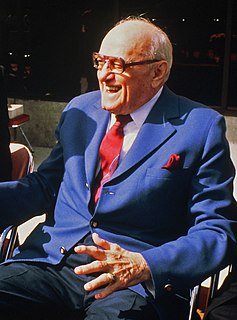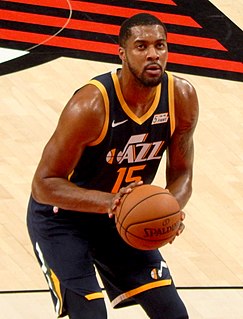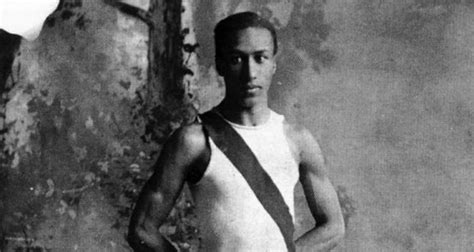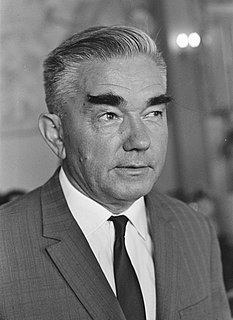A Quote by George Halas
At last, the newspapers discovered the Bears. I kept writing articles about upcoming games, and by reading the papers, I learned editors like superlatives. I blush when I think how many times I wrote that the next game was going to be the most difficult of the season or how a new player was the fastest man in the West.
Related Quotes
I would say that the Pentagon Papers case of 1971 - in which the government tried to block the 'The New York Times' and 'The Washington Post' and other newspapers from publishing papers that they obtained from a secret study of how we got involved in the war in Vietnam - that is probably the most important case.
We need games like 'A Closed World' for many reasons. When you hear another developer talk about how games need to grow up, they need to tackle adult themes, and how they need to embrace that ability to transport the player into a different world, this is that game that they want other developers to make.
I think there's much more privileging of the new in art. I think people want to think they privilege the new in writing, but I agree with Virginia Woolf. She wrote a great essay called "Craftsmanship" about how difficult it is to use new words. It's really hard, but you see them coming in because obviously, if you're going to write... I mean, even to write "cell phone" in a novel - it's so boring.
So this is supposed to be about the how, and when, and why, and what of reading -- about the way that, when reading is going well, one book leads to another and to another, a paper trail of theme and meaning; and how, when it's going badly, when books don't stick or take, when your mood and the mood of the book are fighting like cats, you'd rather do anything but attempt the next paragraph, or reread the last one for the tenth time.
We're sitting in here, and I'm supposed to be the franchise player, and we in here talking about practice. I mean, listen, we're talking about practice, not a game, not a game, not a game, we talking about practice. Not a game. Not, not... Not the game that I go out there and die for and play every game like it's my last. Not the game, but we're talking about practice, man. I mean, how silly is that?.. And we talking about practice. I know I supposed to be there. I know I'm supposed to lead by example... I know that... And I'm not... I'm not shoving it aside, you know, like it don't mean anything. I know it's important, I do. I honestly do... But we're talking about practice man. What are we talking about? Practice? We're talking about practice, man.
If I can't practice, I can't practice. It is as simple as that. I ain't about that at all. It's easy to sum it up if you're just talking about practice. We're sitting here, and I'm supposed to be the franchise player, and we're talking about practice. I mean listen, we're sitting here talking about practice, not a game, not a game, not a game, but we're talking about practice. Not the game that I go out there and die for and play every game like it's my last, but we're talking about practice man. How silly is that?
To be quite honest, along with thinking and such when it comes to writing, I'm not into words like "theory." I'm a PhD dropout. No matter how many twenty-five-page papers I wrote, I never felt like I was saying much. I didn't feel like the writer of the book, whose work I was analyzing, would have been impressed. It didn't matter how much time or effort I put in.





































